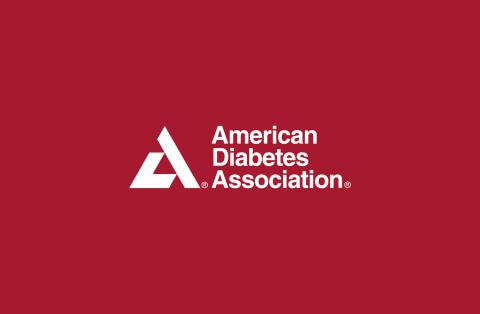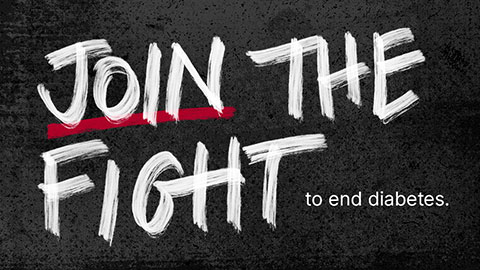A new consensus report from the American Diabetes Association® (ADA) released today provides critical guidance on the use of continuous glucose monitoring (CGM) systems in hospitals. CGM devices are worn on the body and continuously monitor glucose (sugar) levels, some providing alerts when they go too high or low.
The report covers the benefits of CGM systems for hospitalized populations, safety considerations, staff training, and integration with hospital systems. It emphasizes the need for clear protocols, staff education, and proper treatment facility infrastructure to ensure effective blood glucose management, improve patient outcomes, and reduce dangerous severe hypoglycemic (low blood glucose) and hyperglycemic (high blood glucose) events.
"Strong collaboration between clinicians and the laboratory will be key to guiding safe and effective CGM usage in hospitals, for the benefit of patients," said Julie Shaw, lead author and division head for biochemistry and point-of-care-testing (POCT) at The Ottawa Hospital and Eastern Ontario Regional Laboratories Association in Ottawa, Ontario, Canada.
“CGMs hold great promise for hospital glucose management, but careful attention must be paid to calibration, data accuracy, and clinical decision-making workflows to maximize their benefit” said Nuha El Sayed, MD, MMSc, the ADA’s senior vice president of health care improvement .
Read the full ADA consensus report from Diabetes Care.
###
About the American Diabetes Association
The American Diabetes Association (ADA) is the nation’s leading voluntary health organization fighting to end diabetes and helping people thrive. For 84 years, the ADA has driven discovery and research to prevent, manage, treat, and ultimately cure diabetes. There are 136 million Americans living with diabetes or prediabetes. Through advocacy, program development, and education, we’re fighting for them all. To learn more or to get involved, visit us at or call 1-800-DIABETES (800-342-2383). Join the fight with us on Facebook (American Diabetes Association), Spanish Facebook (Asociación Americana de la Diabetes), LinkedIn (American Diabetes Association), and Instagram (@AmDiabetesAssn).

